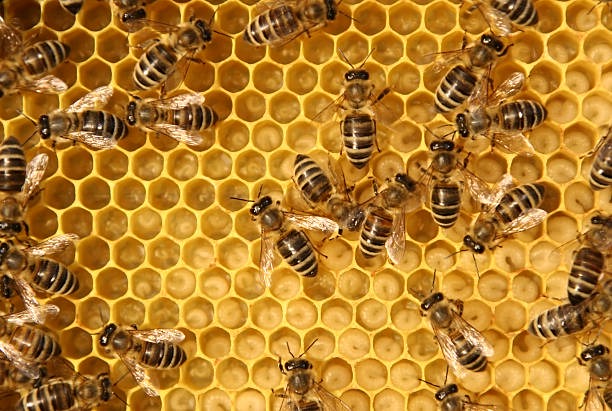Precautions to reduce your risk of being bitten or stung by insects
[ad_1]

Photo credit: istock photos
According to NHS, there are some simple precautions you can take to reduce your risk of being bitten or stung by insects.
It’s particularly important to follow this advice if you’ve had a bad reaction to an insect bite or sting in the past or you’re travelling to an area where there’s a risk of picking up a serious illness.
Basic precautions to prevent insect bites and stings
The following measures can help you avoid insect bites and stings:
1. remain calm and move away slowly if you encounter wasps, hornets or bees, do not wave your arms around or swat at them
2. cover exposed skin, if you’re outside at a time of day when insects are particularly active, such as sunrise or sunset, cover your skin by wearing long sleeves and trousers
3. wear shoes when outdoors
4. apply insect repellent to exposed skin, repellents that contain 50% DEET (diethyltoluamide) are most effective
5. avoid using products with strong perfumes, such as soaps, shampoos and deodorants, these can attract insects
6. be careful around flowering plants, rubbish, compost, stagnant water, and in outdoor areas where food is served
7. never disturb insect nests, if a nest is in your house or garden, arrange to have it removed
8. avoid camping near water, such as ponds and swamps, mosquitoes and horseflies are commonly found near water
9. keep food and drink covered when eating or drinking outside, particularly sweet things, wasps or bees can also get into open drink bottles or cans you’re drinking from
10. keep doors and windows closed or put thin netting or door beads over them to prevent insects getting inside the house, also keep the windows of your car closed to stop insects getting inside.
Avoiding tick bites
Ticks are small spider-like creatures that are mainly found in woodland and heath areas. They attach to your skin, suck your blood and can cause Lyme disease in some cases.
You can reduce your risk of being bitten by a tick if you:
1. keep to footpaths and avoiding long grass when out walking
2. wear appropriate clothing in tick-infested areas (a long-sleeved shirt and trousers tucked into your socks)
3. wear light-coloured fabrics that may help you spot a tick on your clothes
4. use insect repellent on exposed skin
5. inspect your skin for ticks, particularly at the end of the day, including your head, neck and skin folds (armpits, groin, and waistband)
6. check your children’s head and neck areas, including their scalp and make sure ticks are not brought home on your clothes
7. check your pets to help ensure they do not bring ticks into your home in their fur.
It’s important to remove any ticks you find as soon as possible.
Content created and supplied by: Kwajaffa (via Opera
News )
[ad_2]

